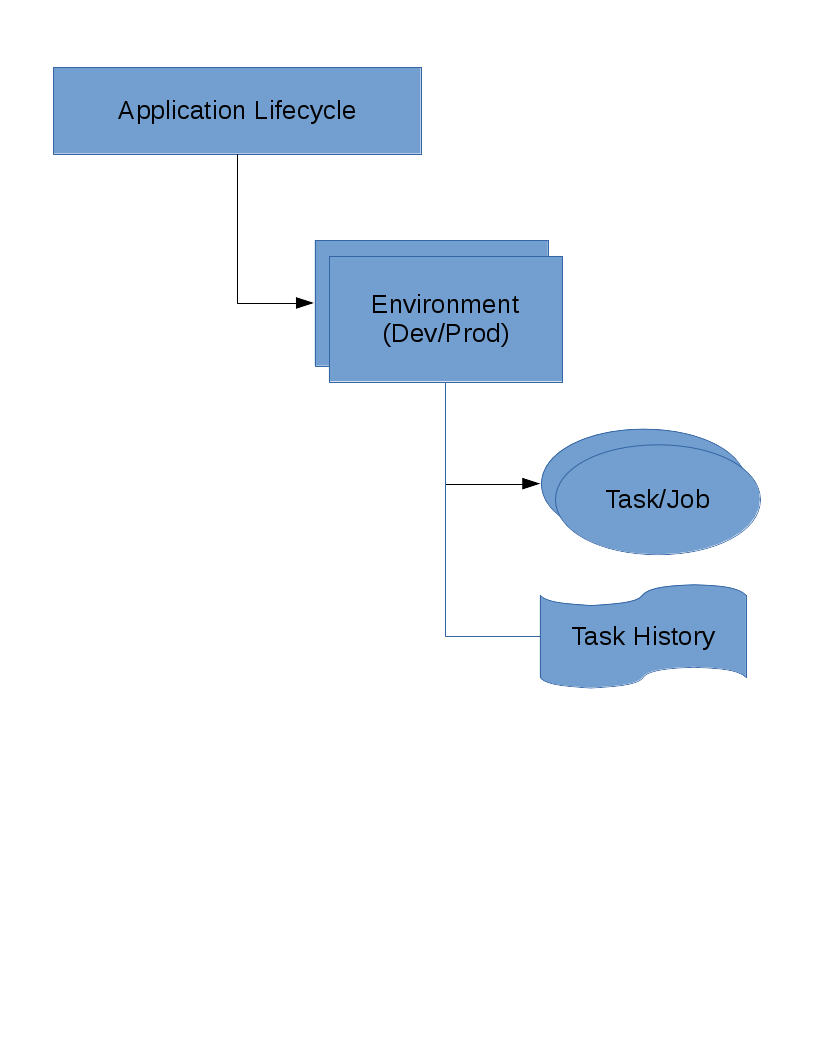Solum/ApiModel
Broadly, we will have two sub-systems:
- Builder subsystem - Deployment subsystem
The builder system will be driven by the deployment subsystem.
The entry point of Solum would be the deployment subsystem with a 'workflow' as the input. This workflow would contain build, test, and deploy actions for different environments. The actions can be based on different kind of policies (time-based, user-driven, and so on). These policies and actions would essentially be sub-workflows within the main workflow.
Example of the deployment workflow:
lifecycle:
environment: Develop
policy: True
actions:
run_tests:
git_url: github.com/helloworkld.git
cmd: tox
build:
git_url: github.com/helloworkld.git
cmd: build_app
environment: Staging
policy: depends-on-success-of-Develop
actions:
deploy:
# we need to be able to pass the image from the dev env
# so we can use it here.
environment: Production
policy: Manual
actions:
deploy:
heat create prod -u <somewhere> -P "image=<bla>"
DSL for describing deployment workflow can be Jenkins to begin with. That way, we can use Jenkins also to perform the builds (in the builder subsystem/service). For DSL, we can also look at Mistral, Taskflow, Murano. It will be great if more than one folks participate in the DSL discussions being proposed by Mistral guys (ref. Email on Openstack-dev list).
Builder subsystem/service:
- Investigate Jenkins - Investigate Mistral
Additional Issues:
- Long running workflows would need Solum to use trusts (and renew tokens periodically).

